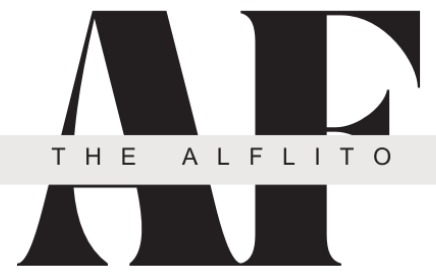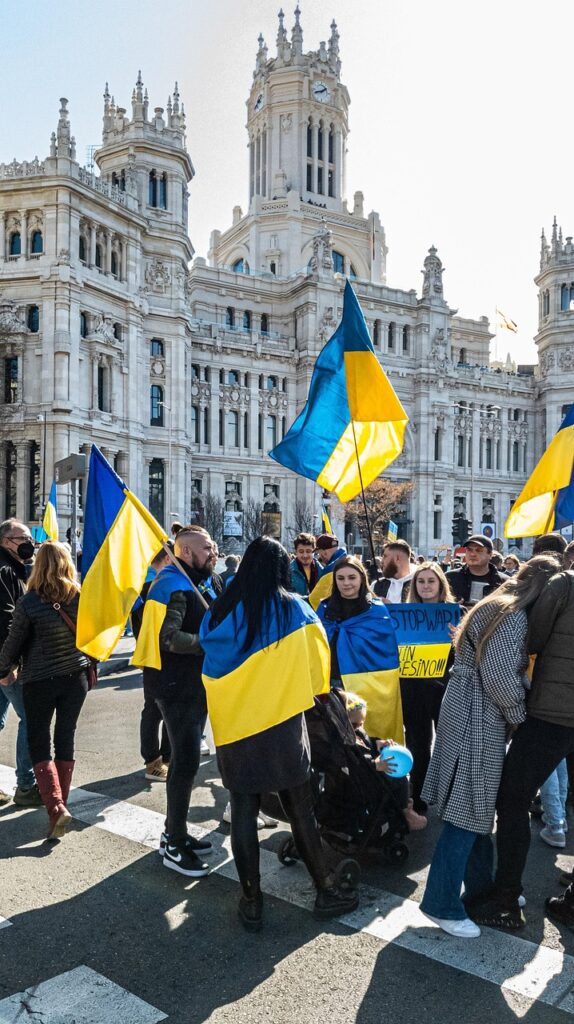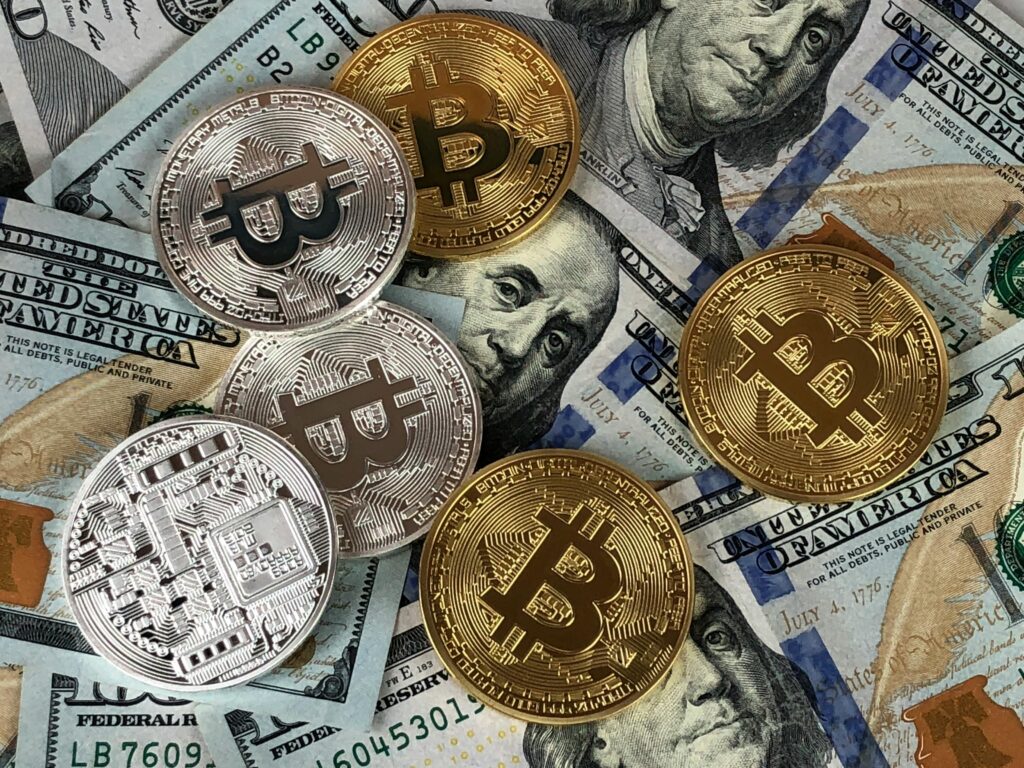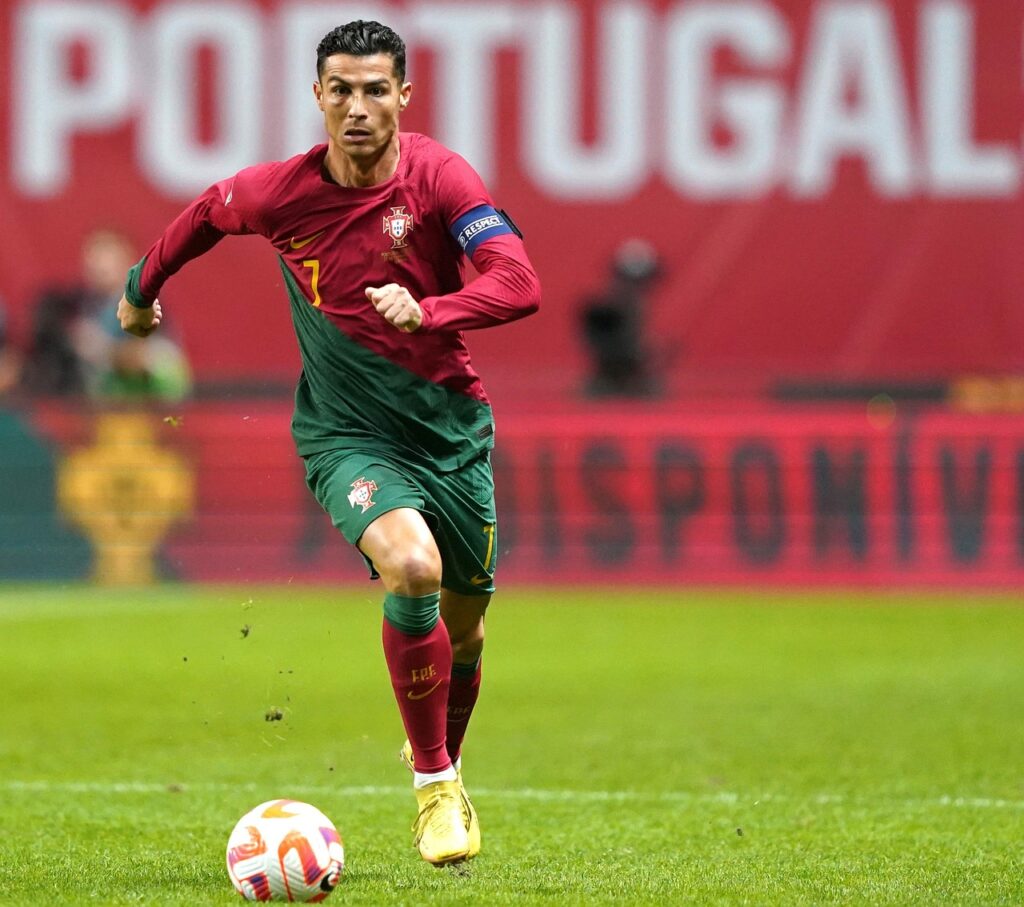Introduction
On March 2, 2025, world leaders gathered in London to discuss a potential peace resolution for Ukraine’s ongoing conflict with Russia. Spearheaded by UK Prime Minister Keir Starmer, the summit emphasized a united European approach to end hostilities while ensuring Ukraine’s territorial integrity.
With growing concerns over security threats, this summit could redefine European defense policies and international diplomatic strategies.
Background: The Ukraine Conflict and Global Involvement
The Russia-Ukraine conflict began in 2014 with Crimea’s annexation and escalated into a full-scale war in 2022. Despite international sanctions and diplomatic efforts, tensions remain high.
The 2025 summit followed a critical meeting between President Volodymyr Zelenskyy and U.S. President Donald Trump on February 28, 2025, at the White House. Discussions included military aid, NATO involvement, and economic sanctions on Russia.
👉 Learn more about the Russia-Ukraine war timeline: BBC News
Key Objectives of the London Summit
The four primary goals of the summit were:
1. Sustained Military and Economic Support
Leaders emphasized the need to continue military aid while enforcing harsher economic sanctions on Russia.
👉 Read about current sanctions on Russia: European Council
2. Ensuring Ukraine’s Sovereignty and Security
Ukraine’s leadership demanded that any peace agreement must guarantee full sovereignty and prohibit Russian interference in internal affairs.
3. Strengthening Ukraine’s Defense Capabilities
NATO allies pledged to enhance Ukraine’s military preparedness to prevent future invasions.
👉 Explore NATO’s role in Ukraine’s security: NATO Official Website
4. Forming a Security Coalition
A new European security coalition could provide long-term stability, independent of U.S. foreign policy shifts.
Key Participants and Their Stances
The London Summit included leaders from 18 nations, with prominent figures such as:
- Keir Starmer (UK Prime Minister) – Host of the summit, advocating for a strong European defense alliance.
- Justin Trudeau (Canada Prime Minister) – Supporting economic sanctions and financial aid for Ukraine.
- Emmanuel Macron (France President) – Pushing for a diplomatic resolution while strengthening NATO’s eastern front.
- Donald Trump (U.S. President) – Advocating for Ukraine’s independence but with a focus on reducing U.S. involvement.
👉 Read about Trump’s foreign policy stance on Ukraine: The Guardian
Global Reactions to the London Summit
The summit has sparked mixed reactions worldwide:
- European leaders praised the summit for strengthening regional security and diplomatic unity.
- Russia condemned the meeting, calling it a Western provocation aimed at isolating Moscow.
- China remained neutral, urging for diplomatic dialogue rather than further military aid.
👉 Follow real-time political updates on the Ukraine conflict: Reuters
Conclusion: What’s Next for Ukraine?
The 2025 London Summit marks a crucial moment in the Russia-Ukraine war. The world now waits to see whether Russia will engage in peace talks or escalate tensions further. With Europe taking charge, the summit could reshape international policies on war, defense, and diplomacy for years to come.
👉 Stay updated with breaking news on global conflicts: Al Jazeera



